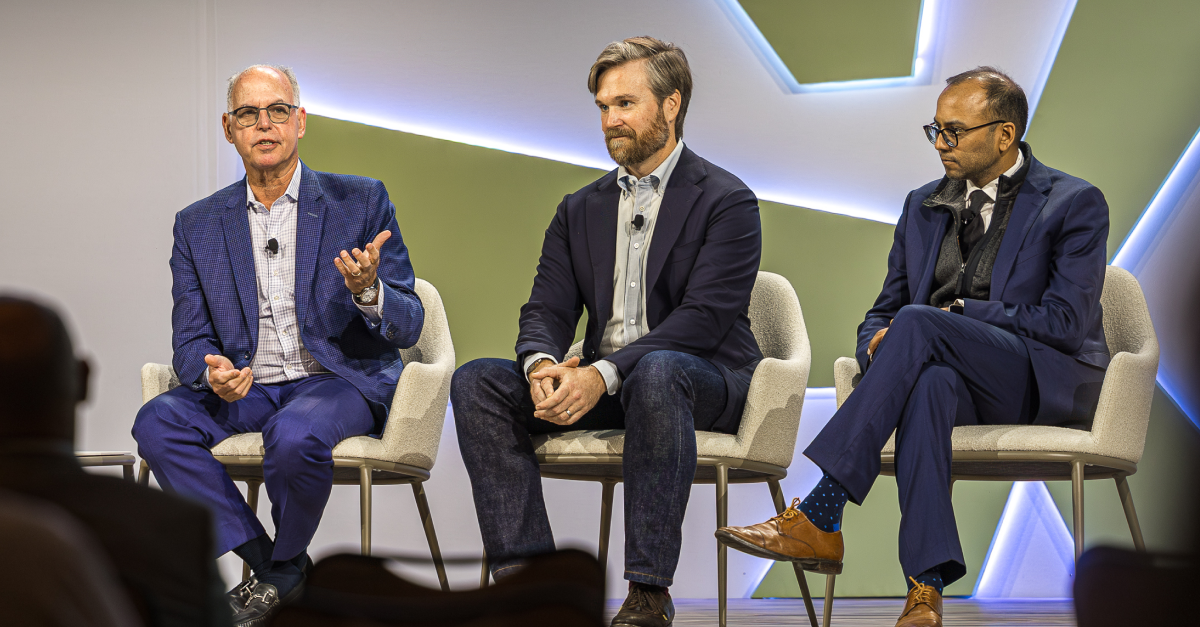In recent years, physician burnout has emerged as a critical issue in healthcare, significantly impacting clinician well-being and patient care quality. Studies indicate that administrative burdens, especially those stemming from electronic health records (EHRs) and care management tasks, play a substantial role in this overwhelming phenomenon.
A recent study reported that “in aggregate, high emotional exhaustion, depersonalization, and one symptom of burnout was seen in 38.8%, 27.4%, and 44.0% of participants, respectively.” AI is a viable solution to automate and streamline administrative processes, alleviating clinician burdens and promoting better mental health.
The administrative burden crisis
The administrative overload physician practices face has been extensively documented. A recent survey evaluating burnout and satisfaction in U.S. physicians highlighted how these burdens intensified during the COVID-19 pandemic, exacerbating burnout. Notably, administrative tasks, particularly those related to EHR management, contribute significantly to physician stress and dissatisfaction.
Furthermore, turnover costs associated with physician burnout are staggering. Direct and indirect costs on healthcare systems amount to $4.6 billion annually. This financial strain underscores the importance of addressing administrative burdens and their link to clinician retention.
AI as a solution
1. Hierarchical Condition Codes (HCCs)
Hierarchical Condition Categories (HCCs) are a risk adjustment method used to predict future patient healthcare costs based on their health status and demographic information. Advancements in healthcare AI mean that the automation and integration of real-time data analytics to identify HCC opportunities are now a reality. This significantly reduces the repetitive manual tasks traditionally required for coding and documentation, allowing clinicians to focus more on patient care rather than paperwork.
2. Addressing care gaps
Many healthcare organizations are turning to AI to identify and address care gaps, including automated reminders and patient engagement strategies. Streamlining the gap identification process reduces the cognitive load on physicians, who often juggle multiple responsibilities. For example, Montage Health achieved a 14.6 percent total care gap closure rate, including identifying 100+ patients with high-risk HPV who were sent for follow-up.
3. Pre-visit summaries
Customizable pre-visit summaries, prepared by an AI Agent, cut down on clinicians' time preparing for patient appointments. Physicians are empowered to engage in more meaningful patient interactions by having ready access to pertinent patient information. This not only enhances job satisfaction but also reduces stress levels.
4. Care coordination
AI Agents can also manage routine clinic tasks, such as preparing relevant documentation before patient visits, managing prioritization and referrals, and verifying coverage, allowing clinicians and staff to dedicate their time to clinical decision-making, complex administrative tasks, and other higher-value activities, rather than administrative duties. Enterprise deployment of AI Agents to drive care coordination work can lead to a systemic reduction in administrative tasks performed by healthcare professionals, diminishing feelings of burnout.
Addressing the issue of administrative burden is crucial in mitigating physician burnout and turnover. By leveraging automation and AI Agents, we can significantly reduce the administrative workload for clinicians. Focusing on platform solutions that promote efficiency enhances clinician satisfaction and well-being and has a tangible impact on the healthcare system's financial sustainability.










